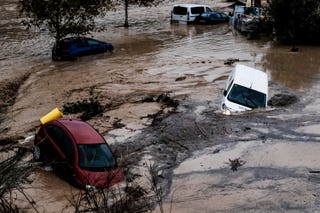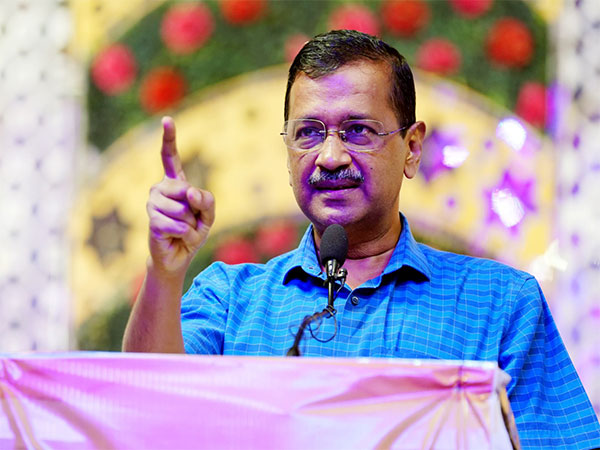
Jeremy Michalek, director of Carnegie Mellon University’s , describes the impact to date of the Inflation Reduction Act (IRA) on efforts to reduce U.S. automakers’ dependence on China for electric vehicle battery production.
China at present “really dominates” multiple stages of the EV battery supply chain, Michalek says. Even when lithium for batteries is produced elsewhere, such as in Australia, nearly all of it still goes to China for processing. So any type of disruption affecting production in China “would decimate the supply chain for EV batteries.
” Helping to alleviate that state of affairs is the Inflation Reduction Act, signed into law by President Biden in August of 2022. If provides large incentives for diversifying the U.S.
EV battery supply chain away from China — at their highest amount, “you can get more money than it costs to make the batteries,” Michalek says. Qualifying for all of the available credits isn’t easy, however. A new provision under section 30D of the Internal Revenue Code provides a credit at the time of vehicle purchase of up to $7,500.
But to receive that amount, the supply chain for the vehicle in question must have completely avoided any country designated by the U.S. as a Foreign Entity of Concern.
China, along with Russia, Iran and North Korea, falls under that category, and its dominance in key aspects of the EV battery supply chain means that relatively few vehicles end up qualifying for the credit. A lesser but still significant credit under the IRA is one that applies to commercial vehicles, which includes those that are leased, even if they aren’t actually intended for commercial use, Michalek says. Can the U.
S. ever cut China out of the EV battery supply chain entirely? Michalek says that’s unlikely. The important thing, he adds, is to promote supply chain diversification.
“Just having more options is going to reduce that vulnerability and make the whole supply chain more resilient.” RELATED CONTENT RELATED VIDEOS Related Articles.










